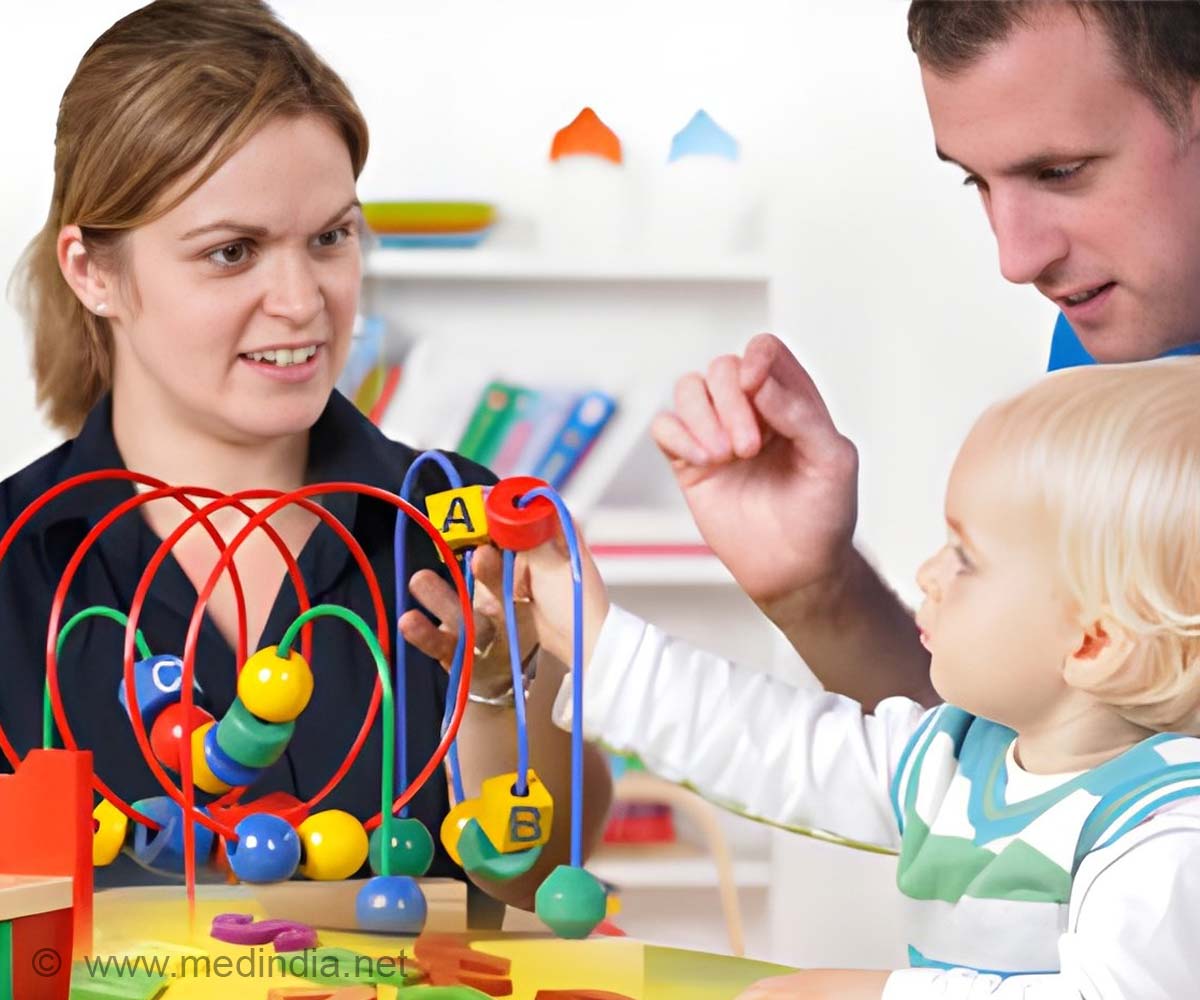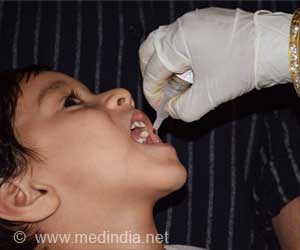
‘Preschool home visiting programs help close the gap in school readiness and child well-being associated with poverty.’
Tweet it Now
200 4-year-old children from low-income families recruited for this randomized clinical trial in 2008-2009 and followed up in 2013-2014. 95 families chosen to receive 10 home visits during preschool, six visits in kindergarten, parent coaching and home-learning materials as part of the Research-Based and Developmentally Informed-Parent home visiting program (intervention); 105 families served as a comparison group and received math home-learning games in the mail (control); assessment of academic performance, social-emotional adjustment and problems at home by the end of third grade (outcomes)
This was a randomized clinical trial (RCT). RCTs allow for the strongest inferences to be made about the true effect of an intervention. However, not all RCT results can be replicated in real-world settings because patient characteristics or other variables may differ from those that were studied in the RCT.
Karen L. Bierman, Ph.D., Pennsylvania State University, University Park, and coauthors
In this randomized clinical trial that included 200 families (n = 200 children), preschool home visiting promoted gains in child academic performance, social-emotional adjustment, and reduced home problems in third grade. Intervention-related improvements in these 3 domains mediated significant reductions in child need for educational and mental health services. Some parents invited to participate in the study declined to do so, likely contributing to a final group of motivated study participants.
Advertisement









